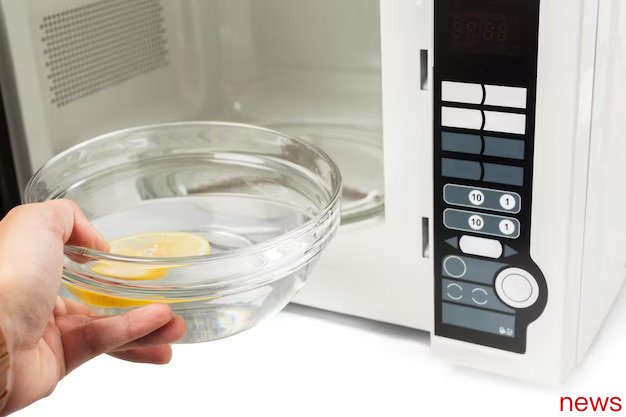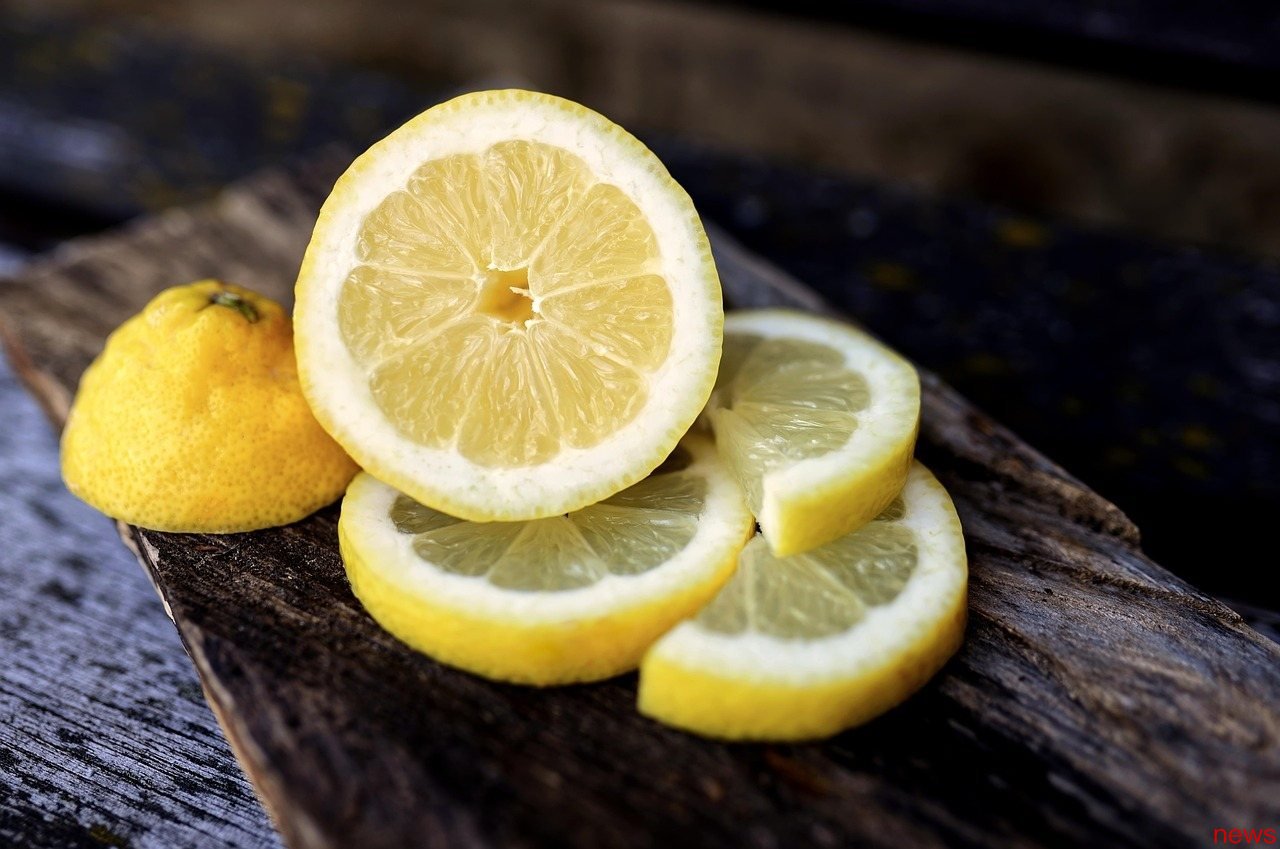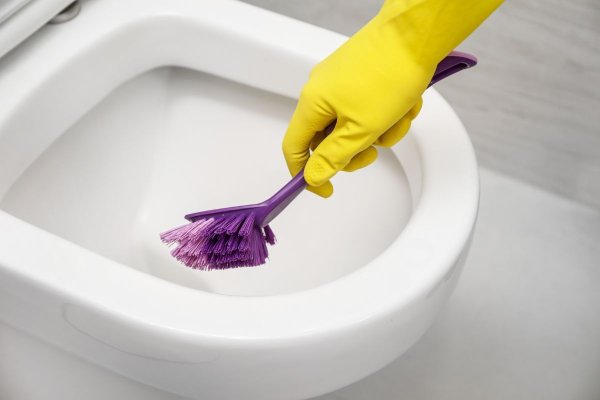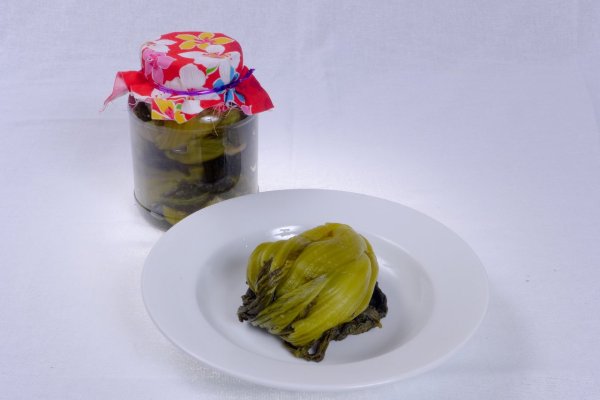Can a lemon be heated with microwave oven to effectively clean it? Experts explain the principles and things to pay attention to

Microwave boilers can be said to be one of the must-have household appliances for modern people. However, after using them for a long time, the microwave boilers will not be able to keep food slags and smelly. Many people may have heard of a method: put the lemon in the microwave boilers and heat them to clean and deodorize. Is it really so magical? In this regard, the Japanese home cleansing consultant asked a photo of the photo in the article "Otonanswer".
Why do you need to clean the microwave?In the process of using microwave ovens to heat food, some dirt and slag will be left inside. If these materials are accumulated in microwave ovens for a long time, they will leave burn marks and unpleasant smells.
In addition, steam will be generated when heated with a large amount of water with microwaves. If it is not removed immediately, white scale will easily form after drying.
Is the lemon cleaning method really effective?There is a photo shoot that the surface of the lemon peel contains a large amount of limeene, and the highly fatty limeene can definitely remove oil stains. In addition, the lemon flesh and lemon juice contain lemon acid, which can help remove scale. The fresh fragrance of lemon can deodorize and neutralize the fishy smell of food left in the microwave oven.
The reason why lemons are heated in the microwave is that the compounds and moisture contained in this lemon will adhere to the grease and dirt in the form of vapor, thereby softening the dirt for easy erasing, and the aroma of lemon is more likely to spread fragrance after being heated.
However, there are also reminders that lemons are not used for cleaning agents. If it is more solid stains or scorched marks, it is still necessary to use a special cleaning agent containing a grinding pellet formula.

There are also photos of the lemons that share the steps of using lemon to clean microwaves. She said that there is no need to prepare a whole fresh lemon, and the remaining lemon flakes after squeezing the lemon juice is enough. If you want to remove oil, it is recommended to use lemon peels and water to use the lemon pulp.
You can put the lemon directly into the microwave, or place it on a heat-resistant plate and heat it for about one minute. When the lemon is cold, you can touch the lemon by hand, directly wipe the dirt that needs to be strengthened and cleaned, and wipe the inside with a clean and soaked cloth. Finally, wipe it with a dry cloth to ensure that there is no moisture left.
If you want to clean the attached dirty more thoroughly, soak the lemon in a container filled with water, put it in the microwave and heat it up, then keep the stove door closed for 5 to 10 minutes to fill the inside with steam, then dip the cloth with lemon water and wipe the machine, and wipe it dry again after completion.
Be careful during the cleaning process. If you are not careful about burning or poisoning, you should pay special attention to the heating time. If you are too hot, you can easily cause "explosive boiling" and "sudden boiling". The strong high temperature reaction will cause the boiling liquid to spray and cause burning crisis. Don't forget to place metal containers or aluminum foil in the microwave.In addition, lemon juice contains a large amount of acidic substances. Avoid mixing it with chlorine-containing scavengers (such as bleach) as otherwise toxic gases may be produced.















